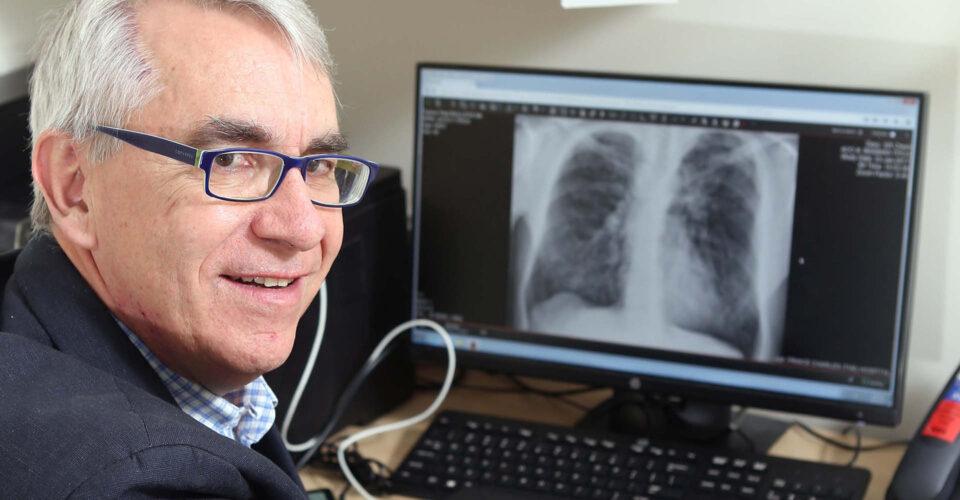Years ago Dr Scott Bell set out to answer a simple question: how far could bacteria in a cough travel? While this information might seem trivial for the general public, for Cystic Fibrosis patients it could mean life or death. This is because their condition makes them far more susceptible to falling ill, and while a common cold may cause a healthy person a bit of discomfort, for CF patients it could prove to be fatal. This small study helped to spark two decades of research into the disease.
The initial study conducted found that the bacteria could actually travel several metres. Along with this they found that CF patients were cross-contaminating one another in the current hospital setting.
Now Dr Scott Bell and his team have expanded this knowledge to conduct study in the CF ward of TPCH that will develop guidelines on how to best manage CF patients when they attend a CF care centre. They’re aiming significantly reduce and limit cross infection between CF patients and improve treatments to minimise resistance to antibiotics which allows infection to spread – they’ve identified a target for the study using the most common pathogen in CF, Pseudomonas aeruginosa, which is known as a major contributor to reduced quality of life and premature death in this life limiting genetic disease.
As a result of this study TPCH is now the home of a world-leading Adult Cystic Fibrosis Ward, which is predicted to contribute to significantly prolonging the survival of CF patients through improved management – at TPCH and, with the introduction of new clinical practice guidelines, eventually across the world.
Support The Common Good here.









